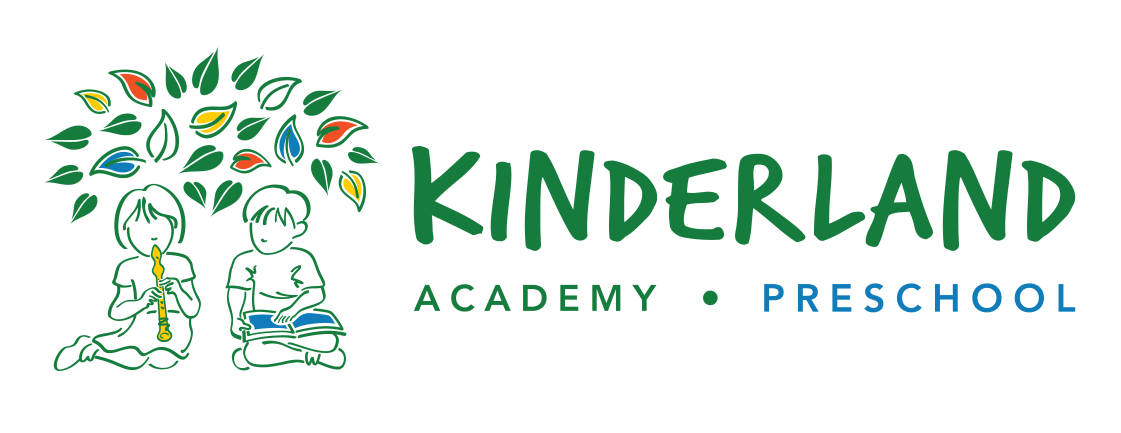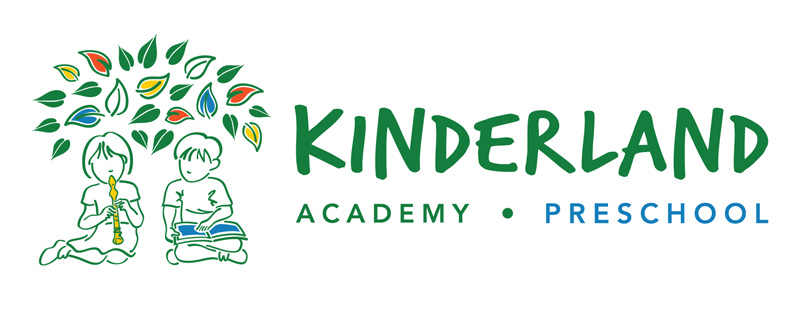Deciding to entrust your child to a preschool is a significant milestone. While occasional care by family is one thing, choosing a long-term educational and developmental solution requires more careful thought. How do you determine which preschool best suits both your child and your family? Here are eight key factors to consider when making this important decision.
1. Location
Location is one of the most practical considerations when selecting a preschool. Choosing a preschool close to your home or workplace helps minimise commuting time and simplifies daily routines, making life easier for both you and your child. Easy accessibility allows for a smoother drop-off and pick-up experience, ensuring your child spends more quality time engaged in learning and play rather than travelling.
At Kinderland, we understand how important convenience is for busy families. With over 15 centres located nationwide—whether in workplace buildings or residential areas—our centres are easily accessible, offering flexibility and peace of mind to parents. No matter where you are, quality early childhood education is always within reach.
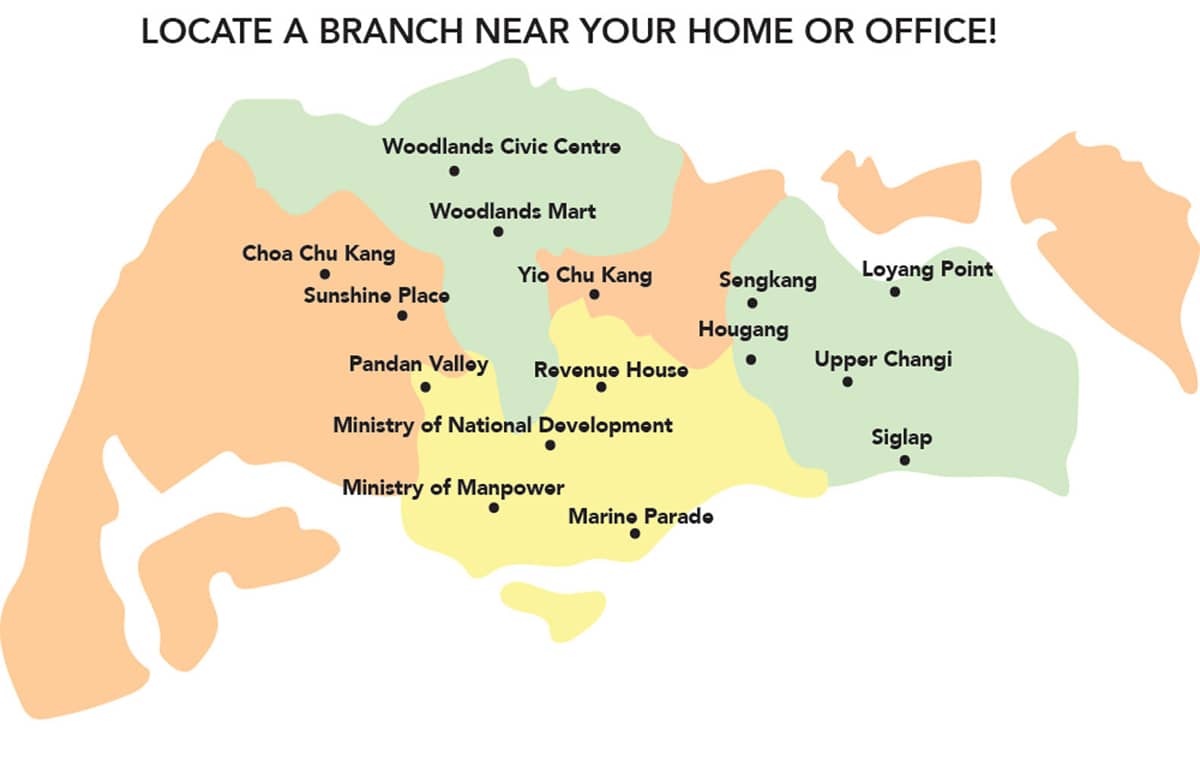
Locations of Kinderland Preschools across Singapore
2. Curriculum and Learning Culture
The curriculum is a crucial factor in ensuring a preschool meets your child’s developmental needs. Look for programmes that address cognitive, social, emotional, and physical growth. It is also important to understand the teaching methods—whether the preschool emphasise play-based learning or are academic focused—and how these align with your child’s interests and learning style.
Kinderland’s holistic inquiry-based approach nurtures every aspect of a child’s growth. Our music-infused curriculum enhances our children’s curiosity, empathy (care), capability, creativity, confidence and communication – unleashing their every potential! Over the last four decades, Kinderland has developed several unique programmes in uncovering children’s talent, and here are just some to share.
Our signature Children’s Music Programme has been nurturing creativity in young children since 1978. Through exposure to diverse instruments and group performances, the programme boosts confidence, enhances communication skills, and greatly benefits children’s social-emotional development. Another highly commended programme is the KinderFit programme, which promotes early awareness of physical wellness and teamwork, imparting healthy eating knowledge and habits. Empowering children with critical thinking and problem-solving abilities, the S.T.R.E.A.M. programme integrates Science, Technology, Reading, Engineering, Arts, and Mathematics.
For families seeking to build a strong bilingual foundation for their children, Kinderland is the preschool recommended by our parents. Our Chinese Language Programme is supported by the expertise and resources from Kinderland’s extensive network of over 20 centres and affiliations in China, including Beijing Normal University. Through a thematic bilingual approach incorporating songs, rhymes, literature, and hands-on activities, learning Chinese becomes both fun and meaningful. Moreover, music enhances literacy skills, and it is no wonder our children pick up the language in a whizz.
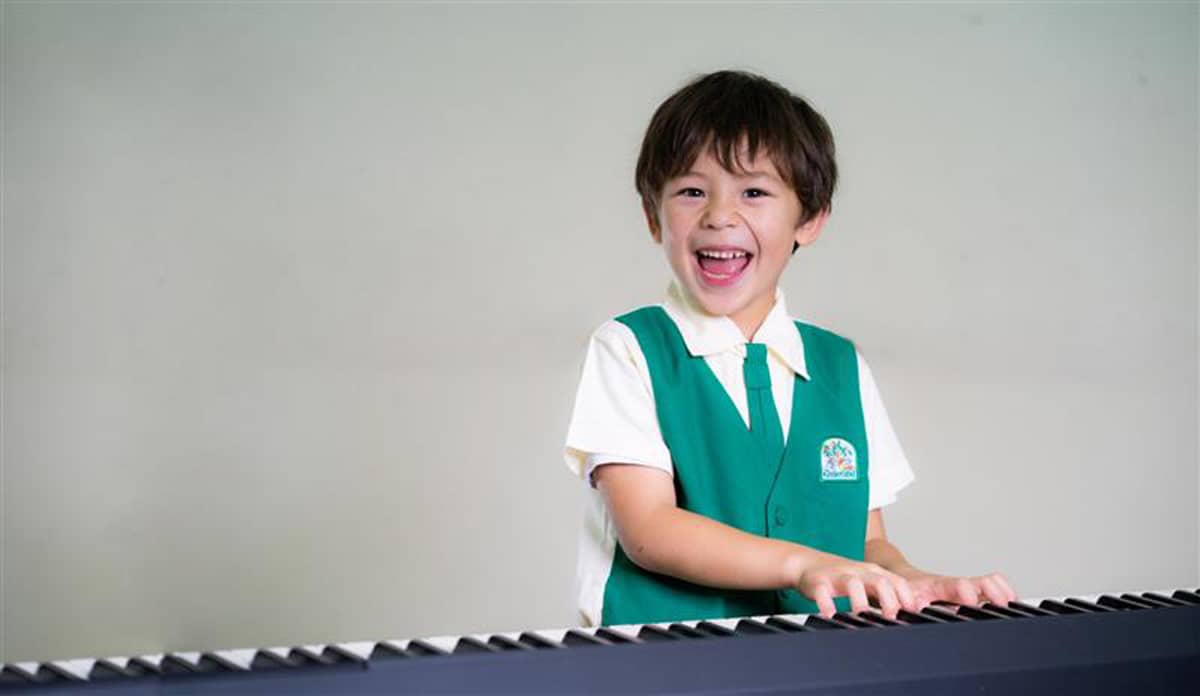
Our Kinderland child is having a blast in music lessons! Lively activities and engaging songs fill each moment with joy. This enriching experience fosters a love for music and encourages creativity, making learning delightful
3. School Campus
A preschool’s environment has a profound impact on your child’s experience and development. Beyond the classrooms, pay attention to the entire setting, including learning spaces and teacher-child interactions. These elements contribute to your child’s sense of comfort, security, and ability to thrive.
A good preschool should provide a safe, clean, and well-lit space that is child-friendly and welcoming. Classrooms should be spacious, displaying children’s artwork and educational resources that spark curiosity. Indoor spaces are just as important as outdoor play areas in reinforcing your child’s learning and fostering creativity.
At Kinderland, we believe in balancing indoor and outdoor learning. Our classrooms are thoughtfully designed to stimulate young minds, while outdoor facilities at preschools like Kinderland Academy @ Yio Chu Kang and Kinderland Preschool @ Pandan Valley offer enriching experiences with boundless learning opportunities with nature. For centres with less outdoor space, our children are exposed to regular nature and neighbourhood walks, to keep them connected to the world around them.
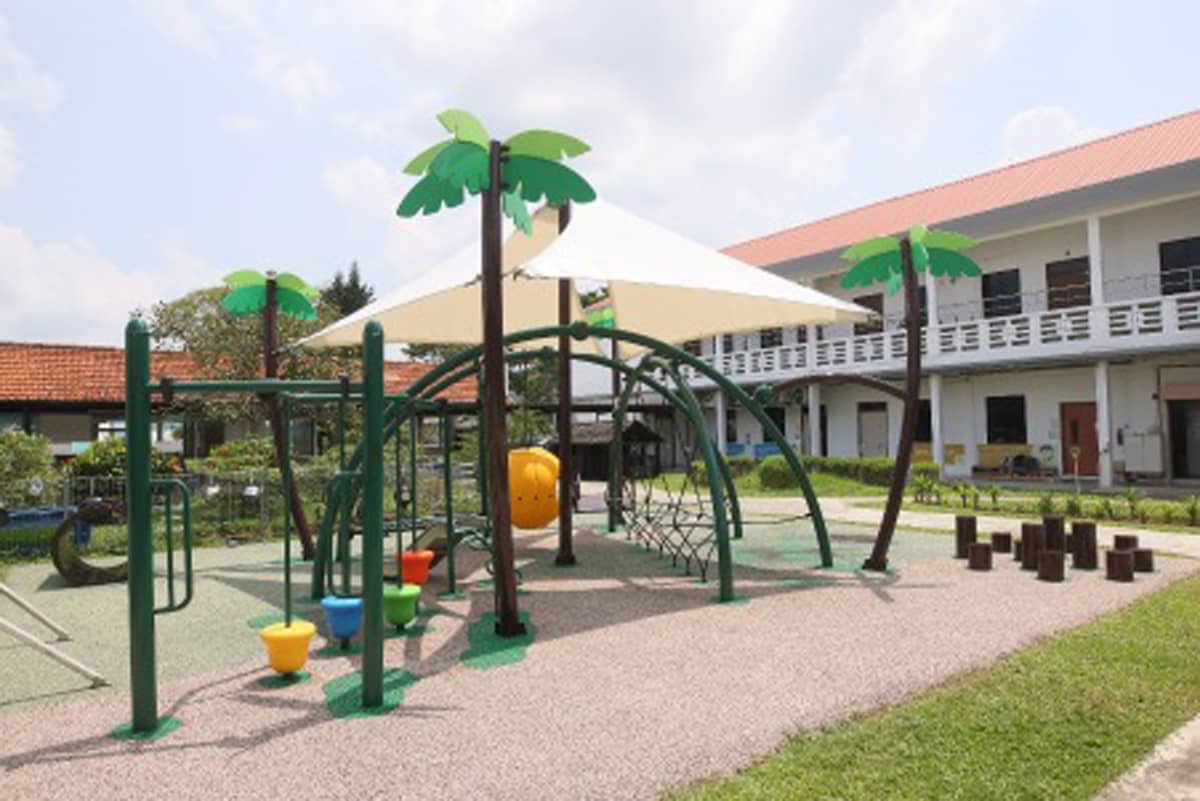
Kinderland Academy @ Yio Chu Kang offers rich outdoor experiences, including an expansive playground, vegetable plots, a butterfly garden, and a chicken coop. Unique to Kinderland Yio Chu Kang, the Naturescape Play Area enhances learning by integrating nature into the educational experience
4. Educators’ Qualifications and School Accreditation
The quality of educators can significantly impact your child’s early learning experience.
In Singapore, all educators must be certified and meet professional, academic, and language requirements based on their certification category. Beyond qualifications, educators should also demonstrate patience and the ability to foster a growth mindset in young learners. It is not just about knowledge, but also the ability to communicate effectively and nurture each child’s potential.
At Kinderland, we ensure our educators remain at the forefront of the industry by undergoing continuous professional development and training. This helps them stay aligned with the latest practices in early childhood education. We take pride in having well-equipped educators who can support your child’s holistic development.
Our commitment to quality is further reflected in several prestigious awards, including the Most Outstanding Award received by Kinderland Preschool @ Hougang in 2020 at the Singapore Centre for Chinese Language (SCCL) National Preschool Teaching Aid Competition, affirming the excellence of our Chinese programmes. Additionally, in 2022, Kinderland Academy @ Yio Chu Kang was honoured with the Early Childhood Innovation Award (Commendation) for its Young Master Builder project.
Additionally, accreditation, such as the SPARK certification from the Early Childhood Development Agency (ECDA), signals a preschool’s commitment to quality education and continuous improvement. At Kinderland, all of our centres that are eligible are SPARK-accredited (WM, EQL, and the 3 franchise centres are not SPARK-accredited).
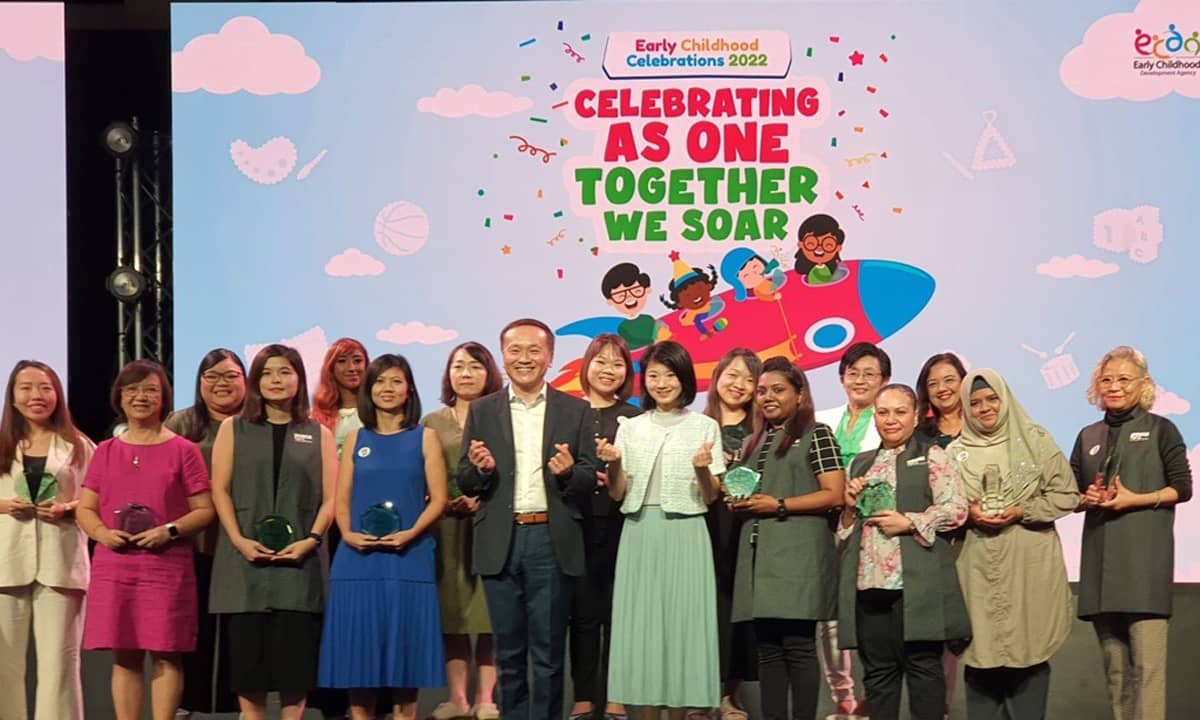
Ms Susan Tan (fifth from right), Senior Principal from Kinderland Academy @ Yio Chu Kang on stage for the Early Childhood Innovation Award with Minister of State (Education, Social & Family Development, Ms Sun Xueling (eight from right), and Chief Executive of the Early Childhood Development Agency (ECDA), Mr Tan Chee Wee (tenth from right)
5. Communication and Transparency
Open communication between parents and preschool staff is essential for fostering collaboration and ensuring your child’s success. Whether through regular updates, newsletters, or parent-teacher meetings, the school’s communication methods should keep you informed about your child’s progress and well-being.
At Kinderland, we maintain transparency by providing parents with regular updates through our parent mobile app, ensuring you are always aware of your child’s learning journey. Children’s learning is documented weekly through a parenting mobile app, with updates from their respective class teachers. We also offer parent orientation at the beginning of the year and bi-annual parent-teacher-meeting to share on the child’s developmental progress.
Besides the formal meetings, parents are also often invited to special event like festive celebrations, or appreciation days like Parents’ Day. These events encourage parents to be actively involved in their children’s learning, fostering a stronger home-school partnership and reinforcing your child’s holistic development.
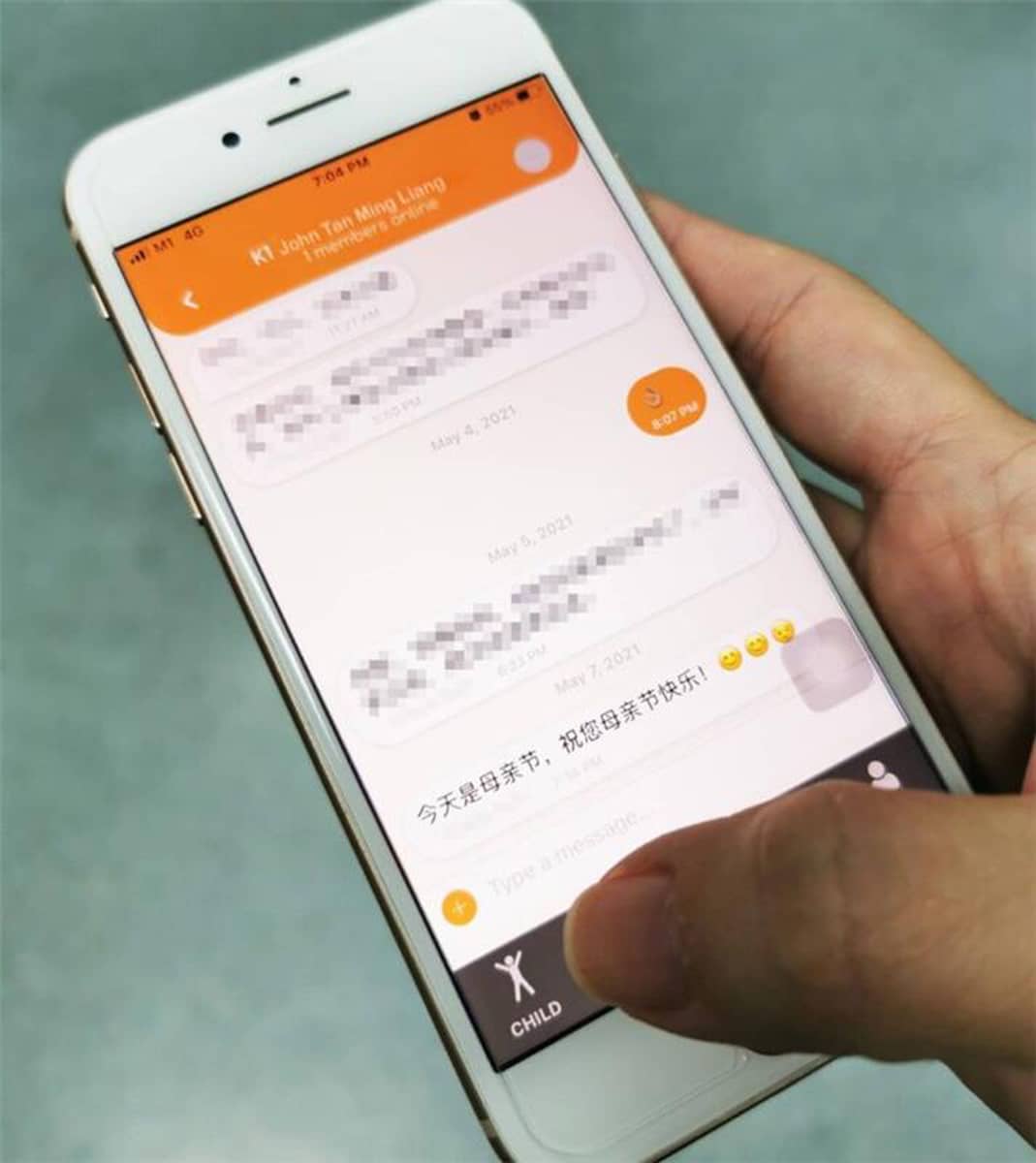
Our parenting mobile app, HavParent, allows regular updates and parent-teacher collaboration between teachers and parents
6. Assess Safety and Health Measures
Your child’s health and safety should always be a top priority. Check that the preschool has clear safety protocols in place, from handling emergencies to maintaining a clean and hygienic environment. Ask about daily routines like nap times, hygiene practices, and health guidelines.
Beyond routine practices, look out for other notable equipment includes UV light for enhance sanitization, air purifiers for cleaner air, and air sterilisers to remove viruses and germs. These measures help create a cleaner, more conducive learning environment.
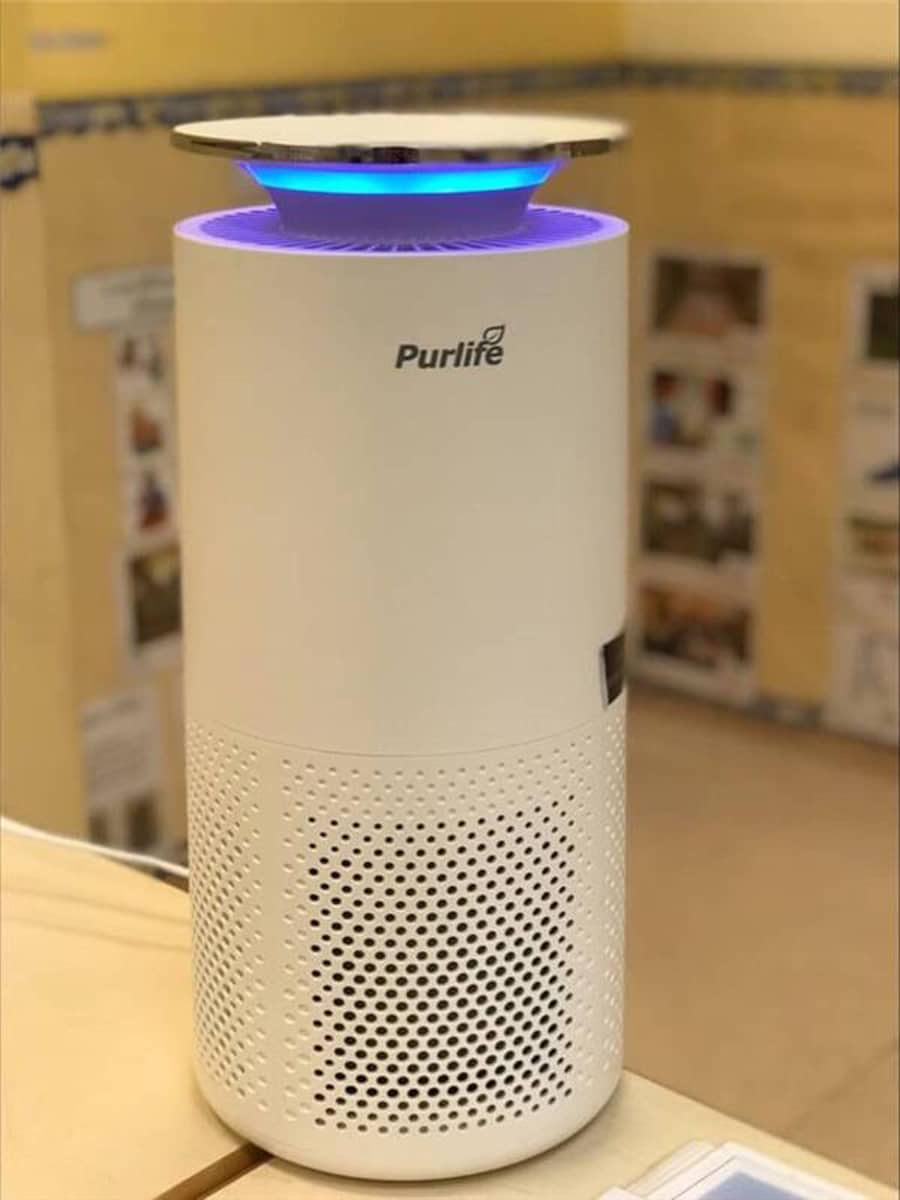
All our Kinderland centers are equipped with air purifiers and UVC light to ensure a cleaner, healthier environment for children. These measures help create a safe space where kids can thrive and play. Your child’s well-being is our top priority
7. Student–Teacher Ratio
The student-teacher ratio is crucial in determining the level of attention and care your child receives. Smaller class sizes foster more personalized interactions, allowing each child to receive the individual attention needed to learn and grow in a supportive environment.
At Kinderland, our student-teacher ratios adhere to ECDA’s guidelines, ensuring a nurturing and well-balanced learning experience.
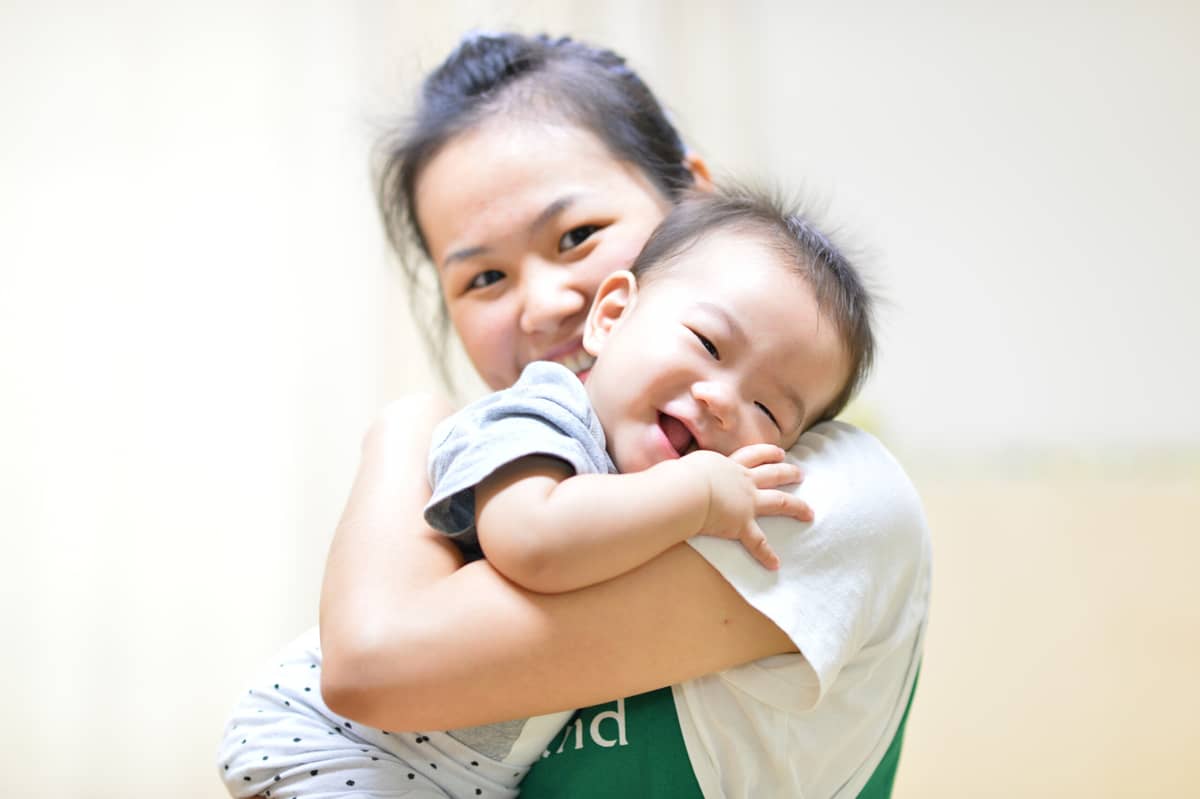
A happy little child thrives under the care of a Kinderland infant educator. Our nurturing approach ensures each child feels safe and loved. With dedicated attention, we support their early development and joy in learning
8. Take a Tour of the School
Once you have shortlisted a few preschools, arrange a tour to get a firsthand experience of the school’s atmosphere. Pay attention to the resources available, how engaged the children are, the approach of the educators, and the school’s safety measures. Touring also provides an opportunity to ask specific questions and determine if the environment feels comfortable and supportive for your child.
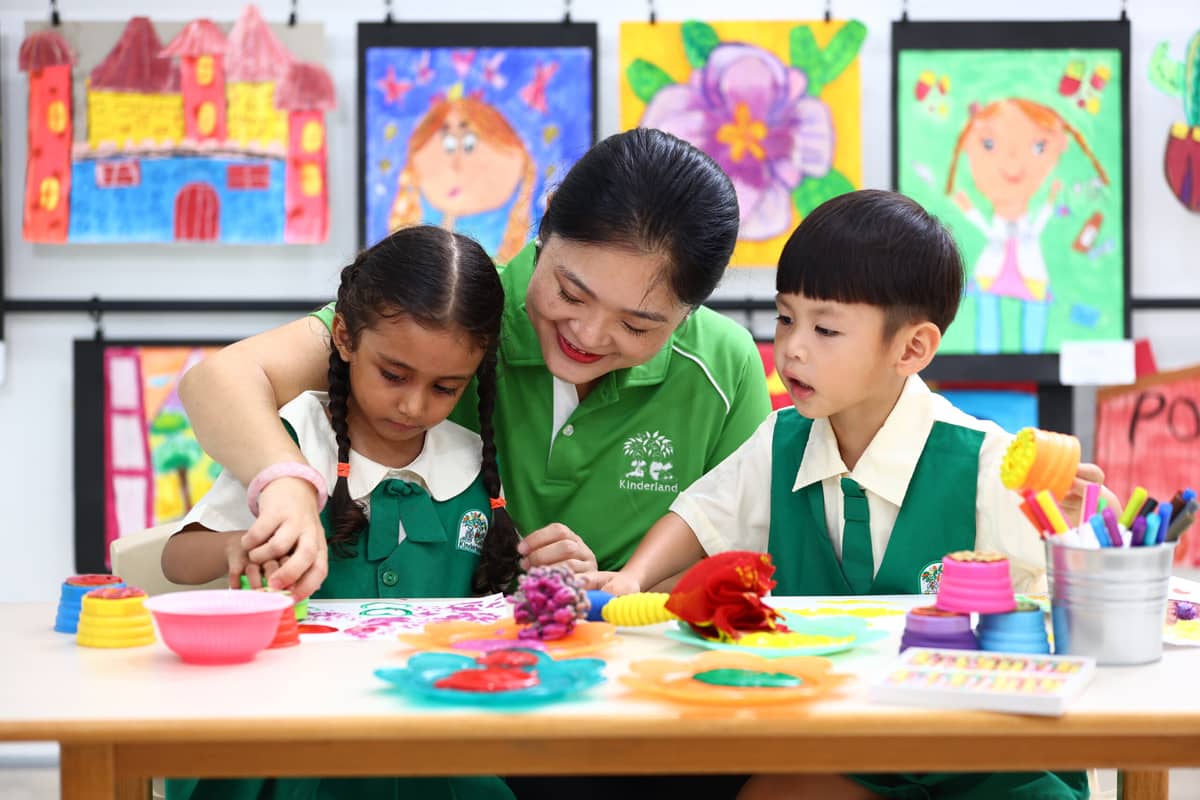
At Kinderland, our children and educators build meaningful connections in a joyful environment.
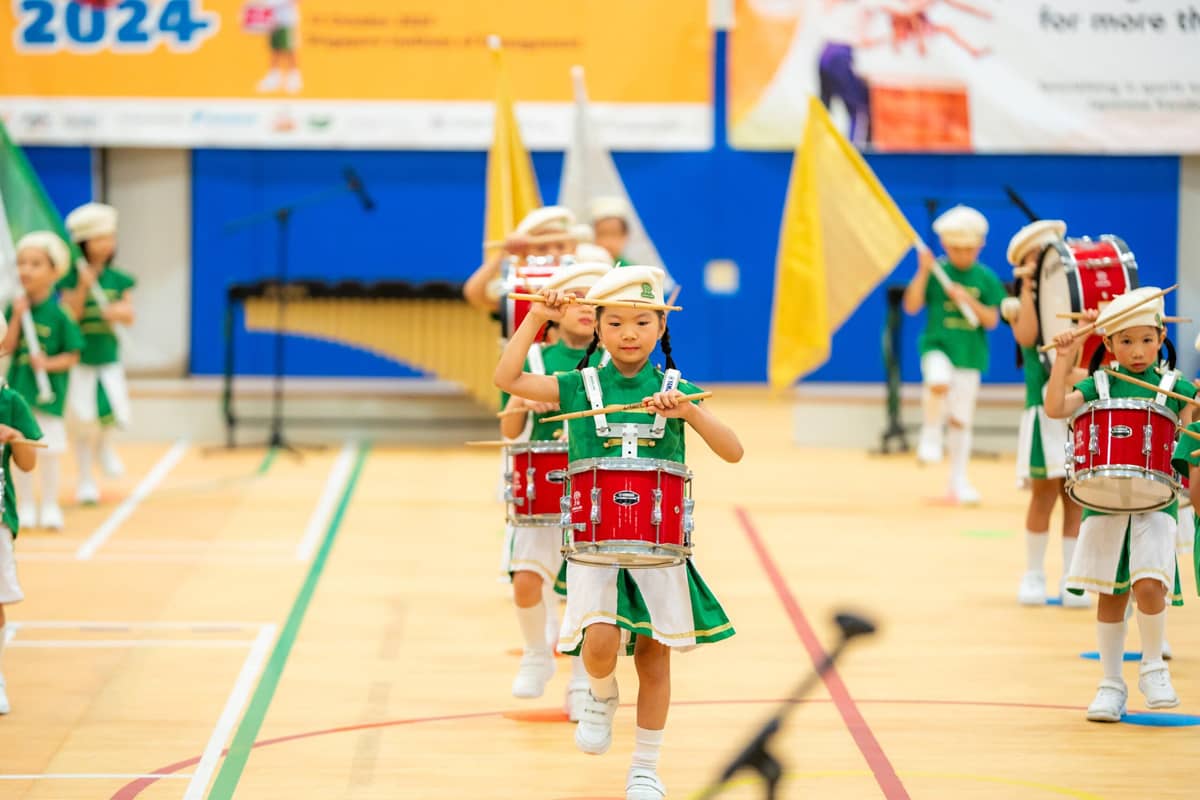
Join the only marching band in Singapore at Kinderland Academy @ Yio Chu Kang and Kinderland Preschool @ Marine Parade! Our programme helps foster teamwork, discipline, and musical skills in children while having fun.
Conclusion:
Choosing the right preschool is a big decision, but taking the time to consider these factors will help you make a more informed choice. At Kinderland, we are committed to providing a nurturing and stimulating environment for your child. Book a tour today and let us show you how we can support your child’s learning and development.
